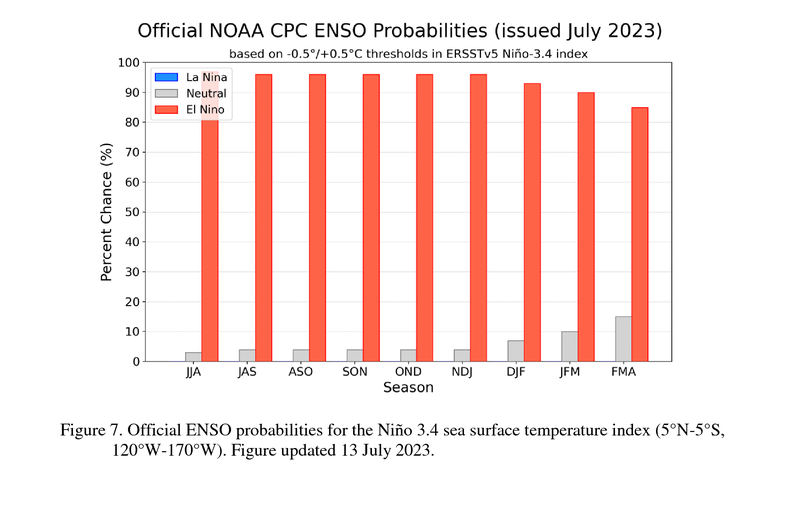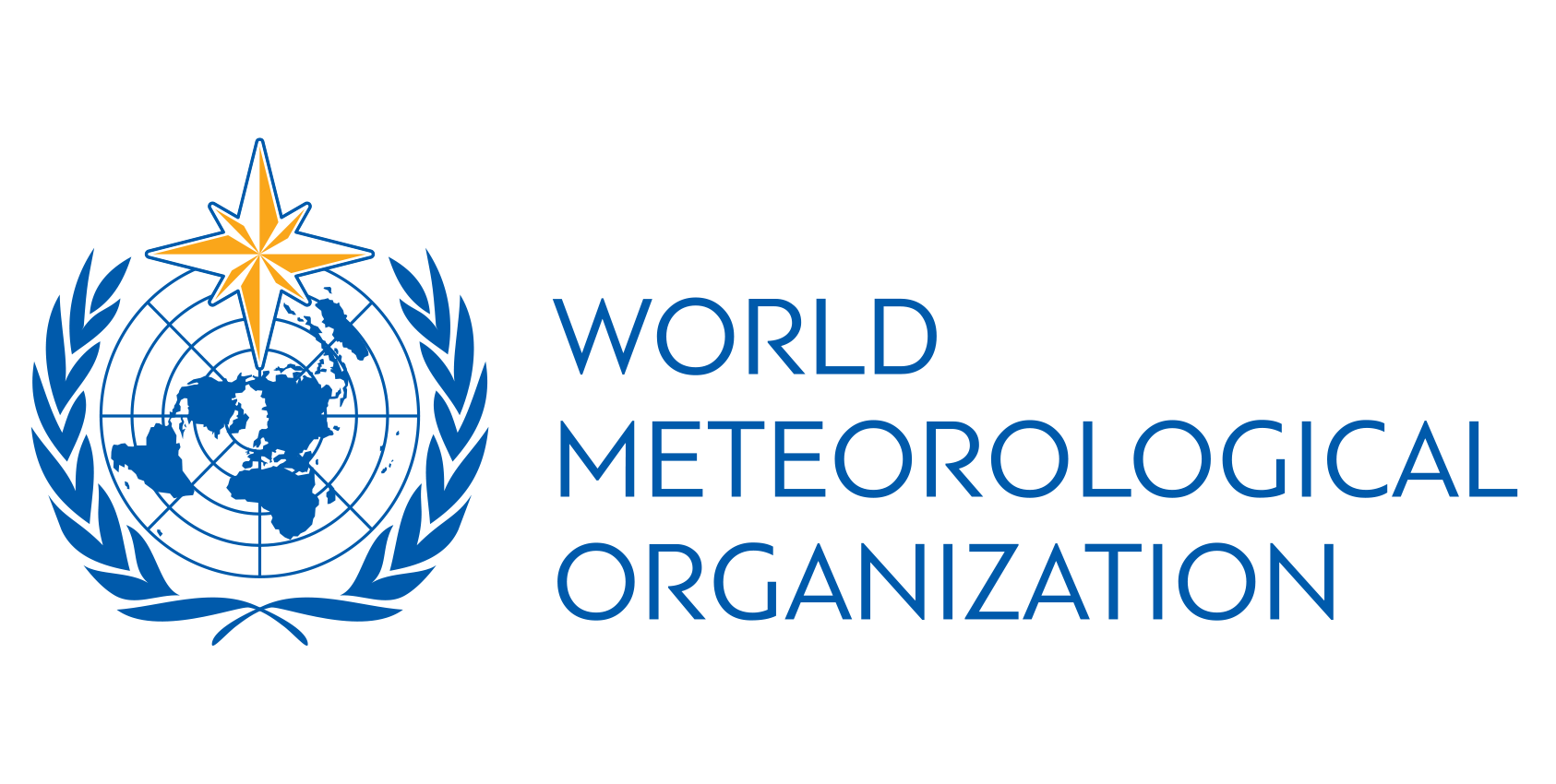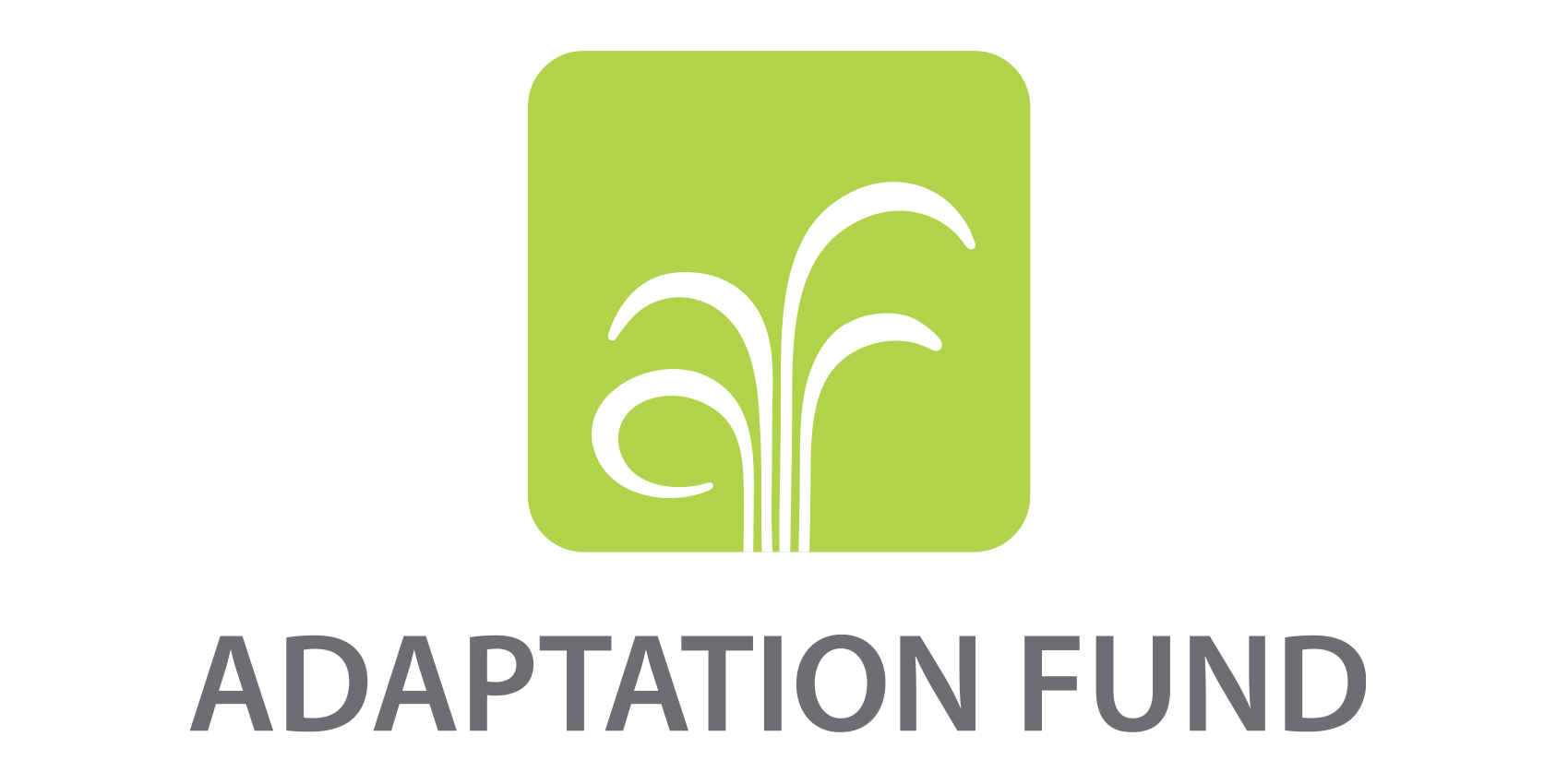Building agricultural resilience
Rural communities in arid and semi-arid regions have limited access to information, technical support and financing to adapt to climate change. Their coping capacity to local climate variability and predictions is thus very limited. ACREI aims to develop and implement adaptation strategies and measures that will strengthen the resilience of vulnerable smallholder farmers, agropastoralists and pastoralists in Ethiopia, Kenya and Uganda to climate variability and change.

Our Areas of Work
Strengthening Feedback Mechanisms
The project aims at developing two way communication channels between National Meteorological Agencies and users of climate information, which includes the development and testing of most cost effective feedback mechanisms.
Strengthening Extension Services
ACREI builds capacity of extension services in Kenya, Ethiopia and Uganda on: using climate information to provide agricultural advisories, crop monitoring, conducting crop assessments, IPC (Integrated Food Security Phase Classification) analysis and Participatory Integrated Climate Services for Agriculture (PICSA).
Analysis of Climate Data
Through the analysis of past, present and future climate data, the project is creating downscaled climate products for planning at the sub-national level. The climate products generated aim aprovide scientific knowledge to inform policy.
Tailored Forecast & Advisories
The project facilitates the participation of National Meteorological Agencies, traditional forecasters, line ministries and farmers and NGOs, among others, in co-production of localised climate and weather advisories. Through tailored forecasts and advisories, ACREI supports the development of credible and legitimate knowledge and climate services.
Key Outputs
- Downscaled, location-specific seasonal climate forecasts and future projections regularly generated by ICPAC and participating NMHSs
- An efficient agro-climatic advisory and feedback mechanism strengthened
- Agro-climatic advisories appropriately packaged and timely disseminated
- Evidence based climate information feeds into policy dialogues in the region
Latest News
Project Materials
Policy Brief
Brochure
Latest Updates

Technical Report on the Ongoing Flood Impact in the IGAD Region
The IGAD region is grappling with an unprecedented challenge of a climate emergency within the memb…

Climate Baselines - Fact Sheet
The Climate Baseline Factsheet summarises the past rainfall and temperature trends in the Eastern A…

Evaluation of CMIP6 historical simulations over IGAD region of Eastern Africa
The Accuracy of model simulations is critical for climate change and its socio-economic impact. Thi…

Summary for Decision Makers, October to December 2023 Season
Download our latest Summary for Decision Makers with impacts and advisories for the following secto…











